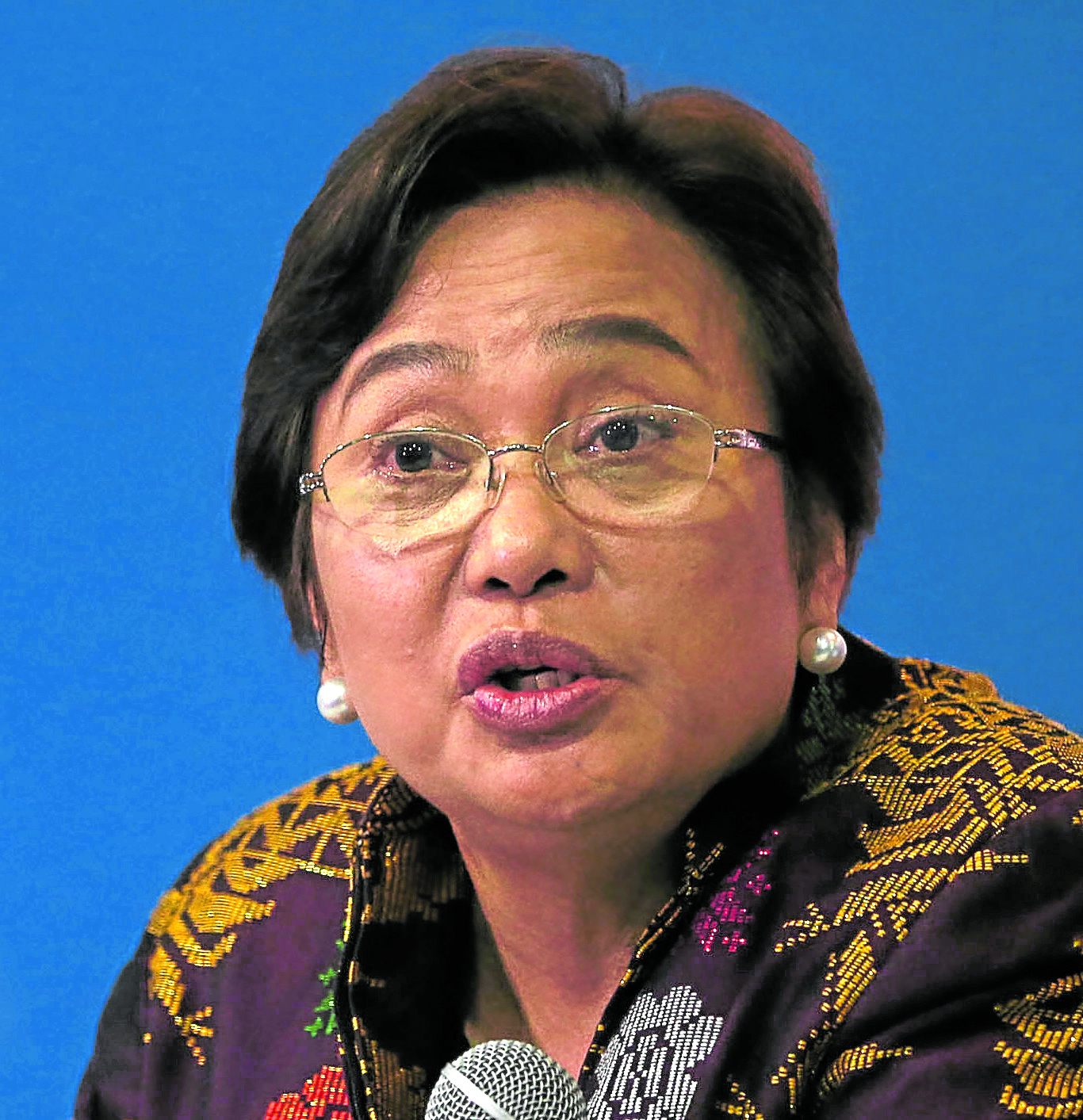Comelec to poll bets: Foreign funding will have you disqualified

Comelec Commissioner Rowena Guanzon. INQUIRER FILE PHOTO
MANILA, Philippines — The Commission on Elections (Comelec) reminded candidates in next year’s elections that they would be disqualified if they are found to accept campaign contributions from foreigners.
“Foreigners cannot contribute to any Filipino candidate,” Comelec Commissioner Rowena Guanzon tweeted on Wednesday, in reaction to a news story about a crowdfunding page launched for Vice President Leni Robredo’s presidential campaign.
Contributions from foreigners and foreign corporations are among the prohibited sources of campaign funds, according to the Omnibus Election Code.
The Constitution also prohibits candidates from accepting election-related financial contributions from foreign governments and their agencies.
“We are reminding our candidates to take care in accepting donations,” Comelec spokesperson James Jimenez said.
Article continues after this advertisement“They have to report all (donations) and if they accept donations from prohibited donors, they could be facing an electoral offense charge which could result in disqualification,” he added.
Article continues after this advertisementBanned solicitations
Candidates are also prohibited from soliciting campaign contributions from financial institutions, public utility companies, government contractors and franchise holders, individuals, and companies with government loans in excess of P100,000.
They are also not allowed to ask for contributions from government officials and employees, members of the military, and educational institutions with at least P100,000 in state grants.
Under election laws, accepting prohibited funds is a ground for a candidate’s disqualification.
Online fundraising could pose a problem later for candidates if some of their donors are found to include foreign nationals.
The election code defines a “contribution” as a “gift, donation, subscription, loan, advance or deposit of money or anything of value, or a contract, promise or agreement to contribute, whether or not legally enforceable, made for the purpose of influencing the results of the elections.”
This does not include services rendered without compensation by individuals who volunteer a portion or all of their time to help a candidate or political party but “includes the use of facilities voluntarily donated by other persons, the money value of which can be assessed based on the rates prevailing in the area.”
Under RA 7166, or the 1991 Synchronized National and Local Elections and Electoral Reforms Act, each presidential and vice-presidential candidate is allowed to spend a maximum amount equivalent to P10 times the total number of registered voters.
The law orders all candidates to submit their statements of contribution and expenditures to the Comelec within 30 days after Election Day. —WITH A REPORT FROM INQUIRER RESEARCH